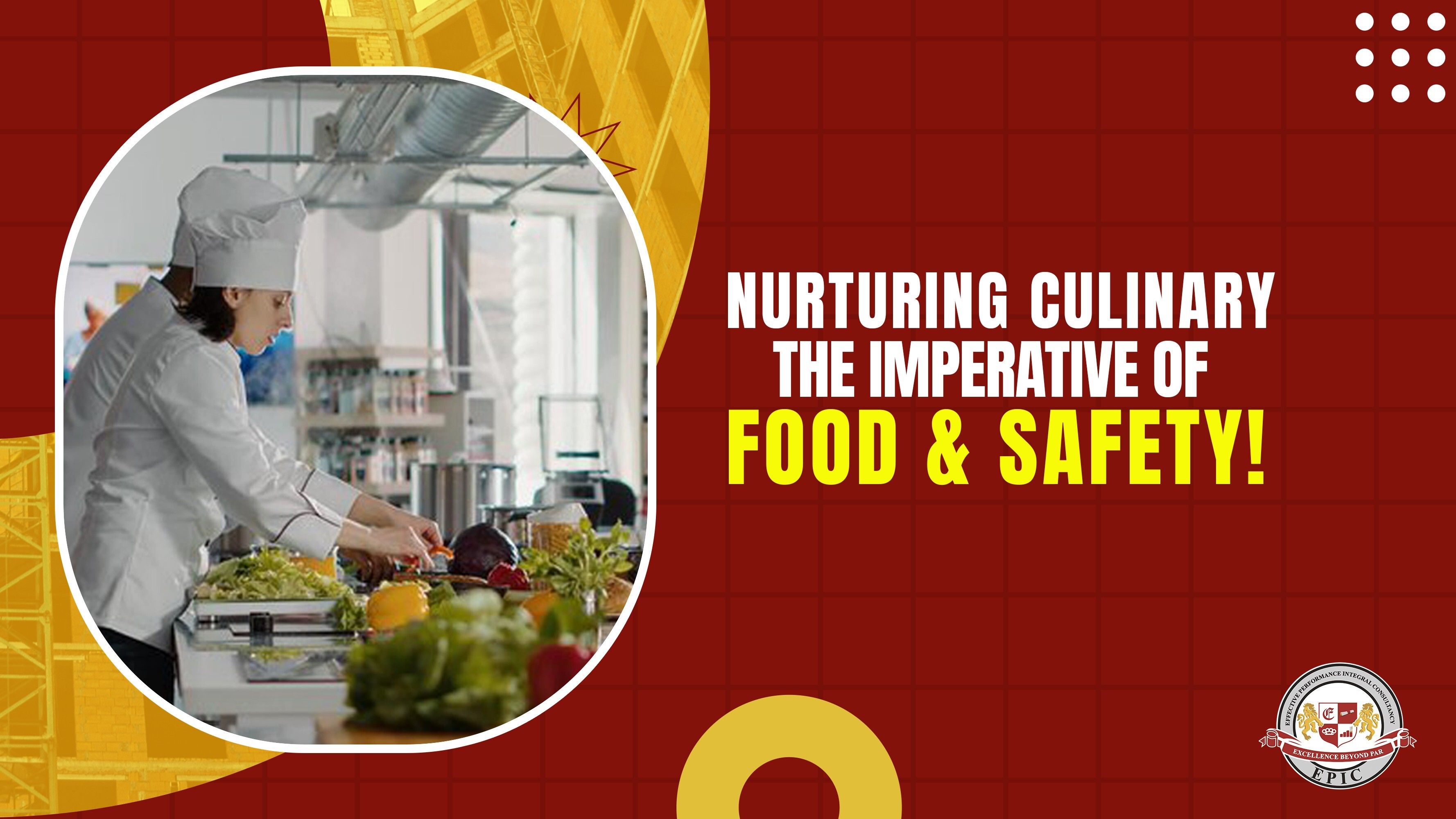
Embarking on a culinary journey begins with a commitment to safety, and food safety courses serve as the compass. These courses offer a comprehensive understanding of the principles and practices that underpin a safe and hygienic kitchen environment. From basic hygiene to advanced concepts like Hazard Analysis and Critical Control Points (HACCP), participants delve into a rich curriculum designed to empower them with the knowledge needed to navigate the complexities of food safety.
A food safety class is not merely a lecture; it's an immersive experience that bridges theory and practice. Participants engage in hands-on activities, simulations, and case studies that bring theoretical concepts to life. This dynamic approach ensures that the knowledge gained in the classroom is applicable in real-world kitchen scenarios. From proper handwashing techniques to the intricacies of temperature control, a food safety class equips individuals with the practical skills necessary for safeguarding food integrity.
A comprehensive approach to safety encompasses not only the technicalities of food handling but also broader aspects of kitchen management. A food & safety course goes beyond the basics, addressing factors like kitchen layout, equipment maintenance, and staff training. By adopting a holistic perspective, these courses empower participants to create an environment where safety is woven into every aspect of culinary operations, fostering a culture of excellence and responsibility.

Food safety and hygiene are inseparable companions in the culinary world. A dedicated focus on hygiene practices, such as proper cleaning and sanitization, is an integral part of food safety courses. Participants learn not only the importance of maintaining a clean and organized kitchen but also the potential consequences of neglecting hygiene standards. This integration ensures that the pursuit of culinary excellence is anchored in a commitment to both safety and hygiene.
For culinary professionals, the journey to excellence involves continuous learning and skill development. Food and safety training courses provide professionals with the opportunity to stay abreast of the latest industry standards, regulations, and best practices. Whether it's an update on food safety regulations or a deep dive into advanced concepts like HACCP, ongoing training empowers professionals to evolve as leaders in creating and maintaining safe culinary environments.
Hazard Analysis and Critical Control Points (HACCP) represents a crucial alliance within the realm of food safety. Integrated into comprehensive food safety courses, HACCP principles provide a systematic approach to identifying and managing potential hazards in the food production process. Understanding the critical control points in a culinary operation ensures that risks are proactively addressed, contributing to the overall safety and quality of the final culinary creations.
Investing in food safety and HACCP training is not just a compliance requirement; it's a strategic investment in the success and reputation of culinary establishments. Professionals who undergo such training become instrumental in steering their organizations towards excellence. By implementing HACCP principles, they not only mitigate risks but also contribute to operational efficiency, customer satisfaction, and compliance with industry standards.